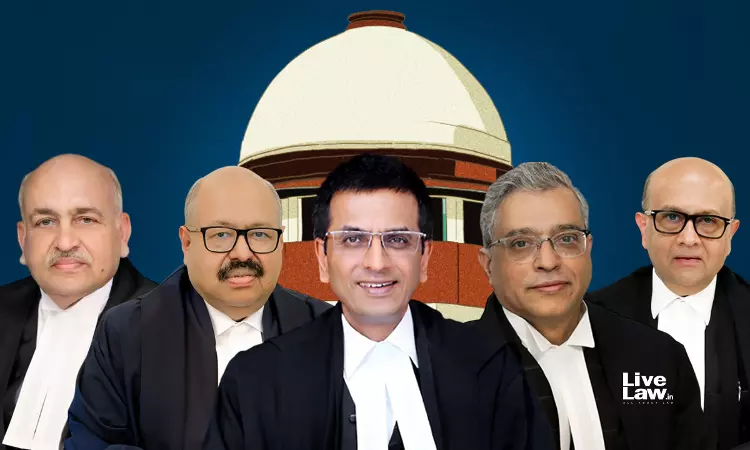The Supreme Court Constitution Bench on Tuesday(July 18) reserved its judgement in the batch of petitions raising the issue of whether the "rules of the game" can be changed after the selection process for posts has begun. The bench consisted of Chief Justice of India Dr DY Chandrachud, Justice Hrishikesh Roy, Justice PS Narasimha, Justice Pankaj Mithal, and Justice Manoj Misra.The bench...

